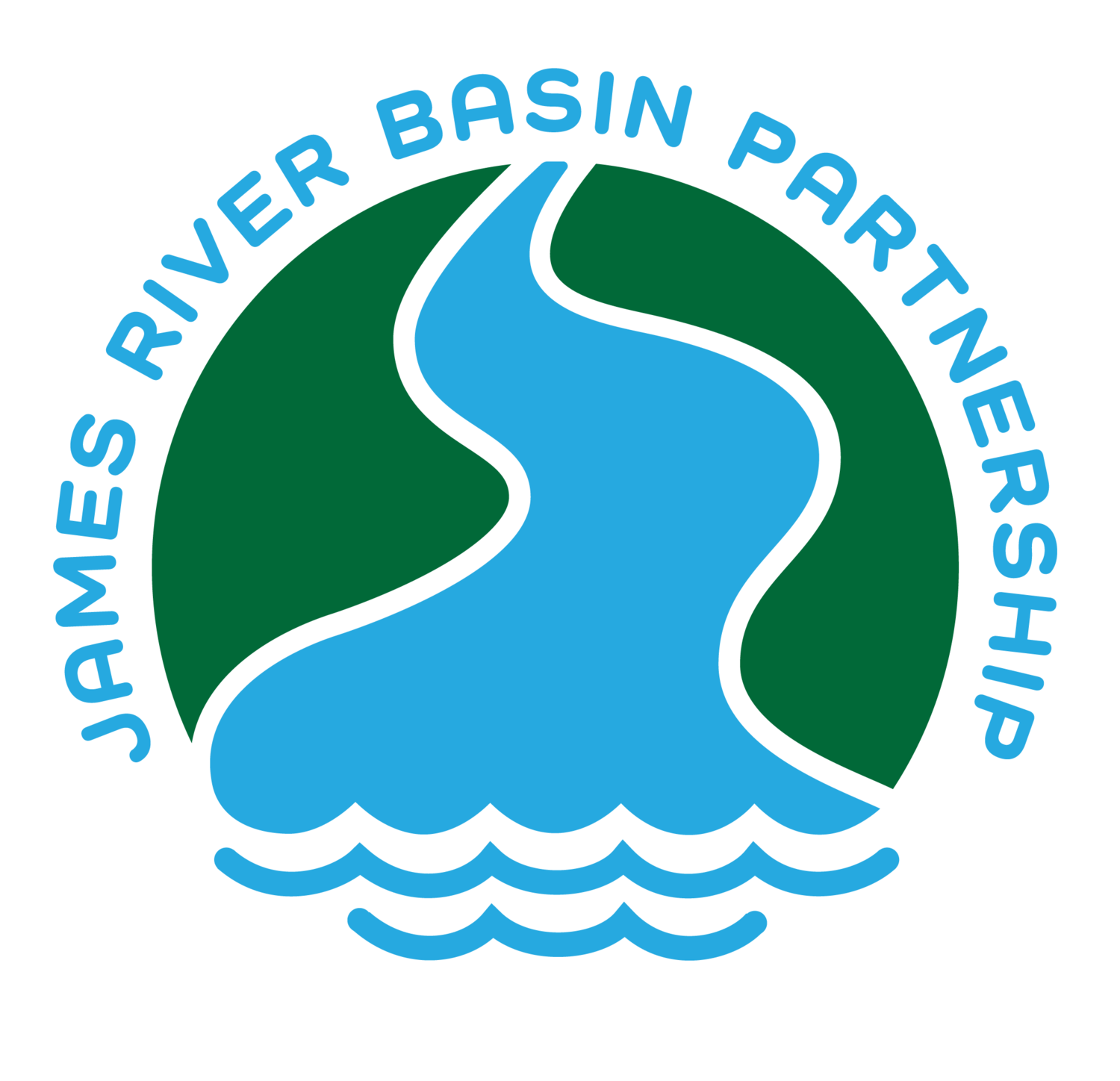Many people consider Aldo Leopold’s Sand County Almanac to be one of the most venerated books in in the modern ecological movement, along with Thoreau’s Walden and Rachel Carson’s Silent Spring. First published in 1949, a year after Leopold’s death, it contains a series of essays which express his idea of a “Land Ethic”, which "simply enlarges the boundaries of the community to include soils, waters, plants and animals, or collectively the land." Leopold maintained that humans should strive to see themselves as a good neighbor of nature, rather than a conqueror of it.
Leopold attempted to practice what he preached at his famed “Shack” in rural Sauk County Wisconsin, like Thoreau’s cabin on Walden Pond. Today the Shack is part of the Aldo Leopold Foundation’s educational facility and a pilgrimage of sorts for all of sorts of people wishing to emulate Leopold’s conservation efforts.
But not everyone has to be a Leopold and live in a shack in the woods; citizens of Springfield can make their own “shack” of sorts by participating in the Yard Ethic Program, which is co-sponsored by the City of Springfield’s Environmental Services and the James River Basin Partnership.
In fact, the Yard Ethic program was inspired by Leopold’s ideas on how humans can be a part of a larger, healthy community of people, plants and wildlife. “A thing is right when it tends to preserve the integrity, stability, and beauty of the biotic community, stated Leopold. “It is wrong when it tends otherwise.”
Leopold’s land ethic was not a “litany of rights and wrongs”, as a 2015 blog from the Aldo Lepold Foundation states, but rather a way for humans to develop direct contact with the natural world and create environmental values from experience.
Yard Ethic uses two checklists for silver and gold certifications to “implement practices that save money, beautify your yard, conserve water, reduce stormwater pollution and create habitat.” For silver, you must complete at least 3 of the listed items and gold requires that they complete 5 of the listed items. When the checklist is completed, an official Yard Ethic sign is awarded to display on the property, which helps to as well make their neighbors and others aware of the program.
Both certifications involve two of JRBP’s programs: the Lawn Steward soil testing program, and the Right as Rain Rain Barrel Rebate program. With the silver certification, homeowners must have a soil test and implement one of the three-year voluntary nutrient management plans; with the gold certification, the plan must be organic in nature.
If a homeowner chooses to install a rainwater harvesting system, a silver certification includes the installation of a rain barrel with the ability to store a minimum of 50 gallons; a gold certification requires the installation of a system with a minimum capacity of 100 gallons.
Participants with both certifications may also establish a rain garden or bioswale to help with collecting nutrient runoff, especially from impervious surfaces, such as driveways, and to establish native plant populations as part of an effort to slow runoff, as deep rooted natives to help slow down and soak up runoff and excess nutrients. Native species also provide benefit to pollinators such as monarch butterflies and bees which so critical to our ecosystems.
Homeowners may establish a tree canopy – 15% of their lot for the silver and 25% for the gold- encouraging “right tree, right place” principals, as well as install compost piles or bins for organic material (including food waste) to round out the Yard Ethic requirements at both levels. In addition, participants at the Gold Level must share their story and actively recruit a friend or neighbor to participate in the program.
“We abuse land because we see it as a commodity belonging to us,” Leopold stated. “When we see land as a community to which we belong, we may begin to use it with love and respect.” No doubt Leopold would have heartily approved of the City of Springfield’s efforts to encourage residents to create their own “yard ethic” and establish our own neighborhood of his larger sustainable community.
For more information on how you can participate in the Yard Ethic Program, please visit: www.yardethic.com. And if you’re already a Yard Ethic participant, please share your story (and photos) with us – we'd love to see your “shack”!
We’ll see you on the river.
Todd
Photo: Aldo Leopold trip to the Rio Gavilan. Photo by US Forest Service is licensed under CC BY 2.0 / Cropped from original.



